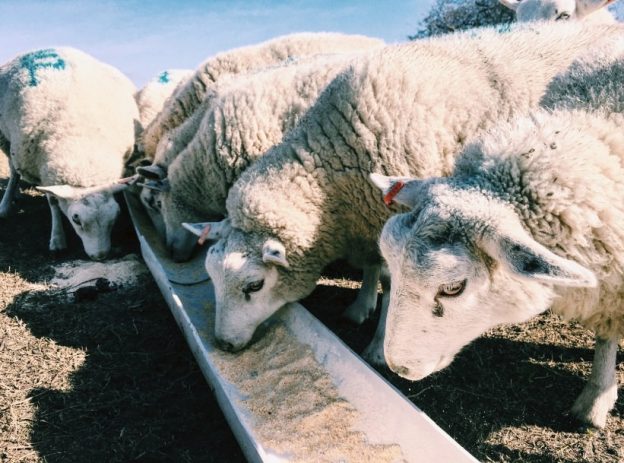Animal health can take on several forms. At times, it can be as simple as giving them medicine. In other scenarios, you could be making sure they are thriving in specific weather conditions. Farms all over the world may have to put up with high temperatures. Keeping livestock comfortable and cool can be a challenge, particularly during the hottest summer months. Doing so will maximise production, lower the risk of disease, and prevent stress.
Dealing with high temperatures
This is something that calls for strong planning and management. By monitoring weather forecasts, you can develop plans for your animals. Regardless of what species you are dealing with, heat can be detrimental. There are several things you can do to make certain your livestock are safe and happy. That is what we’re going to discuss here.
Water and feed
Access to clean, cool water is critical when it gets hot. Without it, animals rapidly become dehydrated. This itself can cause them to become sick and die. Water needs to be easily accessible and under shade. At the same time, the supply must be big enough to support each animal. If you have a big herd of animals, you should have multiple watering troughs. This will guarantee that they can all access water. Additionally, it is vital to secure water troughs so they don’t overturn. Check and fill them frequently as well.
As for feed, your livestock also needs easy access to it. It’s essential to keep everything fresh. In hot weather, it doesn’t take much for it to spoil. It may be best to do feedings regularly in small quantities to keep feeds fresh and track intakes.
Shade
Within direct sunlight, animals become heat-stressed far more quickly. So, see to it that all livestock can access shade in areas with decent wind flow. If offering shade in a shelter, check that it has ventilation to enable the breeze to get to the livestock. They will be able to cool off this way. Shelters will need sufficient space to accommodate each animal too. If necessary, separate the animals into small groups. In shelters, see to it that bedding is dry and clean to stop heat build-up and ammonia. Dry, clean dirt is preferable during the summer.
When the heat reaches extreme levels, using fans and water sprinklers can aid livestock in keeping cool. This is particularly true for cattle and pigs. What’s more, pigs need access to mud or water for wallowing.
Moving animals
In extreme heat, animals become stressed far quicker. Avoid transporting or handling livestock on hot days unless you need to. If you must, move them during the colder parts of the day. This includes the early morning and the evening. In addition, plan to minimise heat stress and its effects. Offer water regularly and plan your route out. If necessary, stop and spray livestock. Lowering the amount of animals can increase comfort and airflow for the livestock as well.
Plan ahead
If you are experiencing hot weather, make plans ahead of time to prevent and treat heat stress. Make sure you pinpoint health concerns with animals. Examples include lethargy and panting. For those with livestock that has experienced health problems before, keep them comfortable.
Keep on top of animal health
At JS Hubbuck Ltd, we have plenty of useful products in our range. With them by your side, you will have an easier time keeping on top of your livestock’s needs. We can even share our extensive product knowledge with you to ensure you get the best results.
So, if you’d like to improve animal health, feel free to contact us. We can help you plan for various conditions and situations, including hot weather.

